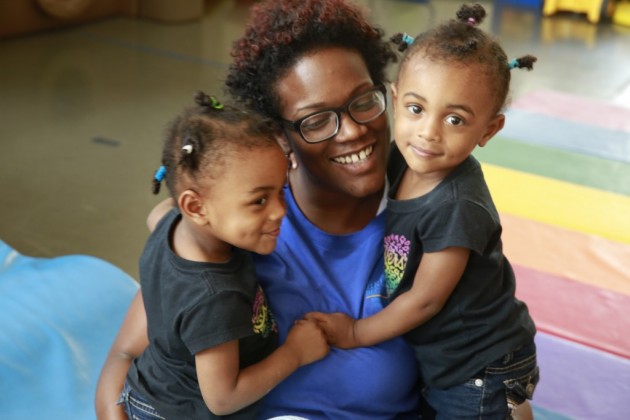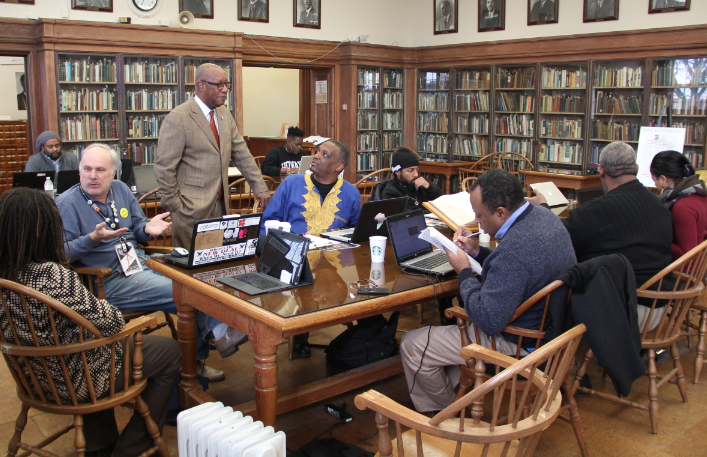Homeland Security

WASHINGTON — During the Easter holiday, Nicolette Barbour, 27, prepared for a family trip to Orlando.
She packed travel sized toiletries, clothes for warm weather, and a detangling comb in her carry-on. She slipped off her shoes and jacket and completely pushed her belongings onto the conveyer belt before stepping through the full body scanner. By all accounts, she was the ideal traveler, but on the other side of the scanner, Barbour was selected for additional screening.
“[The agents] made it seem all very routine,” Barbour said, “With gloved hands, they probed my afro for anything that could pose a ‘threat’…What could be threatening about my ‘fro still escapes me.”
Barbour is not the only one asking this question. Black women are subjected to routine hair pat-downs by Transport Security Administration (TSA) agents across the country. More often than not their grievances go unresolved and unacknowledged, but after filing two separate complaints, the American Civil Liberties Union and TSA reached an agreement on March 26; the agency will conduct updated training for TSA agents with specific consideration for black women with natural hair.
The agreement comes as welcomed relief to Barbour.
“It’s more of an inconvenience than anything,” Barbour said, “Besides Pam Grier, name one black girl who has been able to smuggle more than a couple of pieces of lint in her fro.”
Novella Coleman, Staff Attorney with the ACLU of Northern California, agrees.
“The humiliating experience of countless black women who are routinely targeted for hair pat-downs because their hair is 'different' is not only wrong, but also a great misuse of TSA agents' time and resources,” Coleman said.
Coleman filed her first complaint in 2012 and will oversee the retraining of TSA agents moving forward. However, it was not Coleman’s initial complaint that prompted change from TSA. It was her client’s, Malaika Singleton, Ph.D., who, when stopped on her way out of, and into, the country, filed the second complaint that built a solid case for natural hair.
Singleton, a neuroscientist, wears her hair in sisterlocks that rest at her shoulders. Instead of probing, TSA agents squeezed the length of her hair, from top to bottom.
“The first time I was shocked, I felt violated,” Singleton said.
Together, the two women have lawfully pressured TSA into reimagining their screening process, a feat even Solange Knowles, Gabrielle Union, and Melissa Harris-Perry can’t claim, though they have all been vocal about the procedure in recent years.
“I hope that this agreement and the proposed trainings will lead to a more equitable treatment of all travelers throughout the U.S.,” Singleton said.
In a letter to Coleman, TSA confirms that the new training will stress race neutrality with special attention to black female travelers.
TSA’s official statement reads, “Racial profiling is not tolerated by TSA. Not only is racial profiling prohibited under [The Department of Homeland Security] and agency policy, but it is also an ineffective security tactic.”
Clad in waist length braids, Barbour returned home from her weekend getaway. After passing through the full-body scanner, she was selected for additional screening, again.
“I almost wish they would just ask to play in my hair,” Barbour said, “The ‘impending threat to society’ jig is up.”





